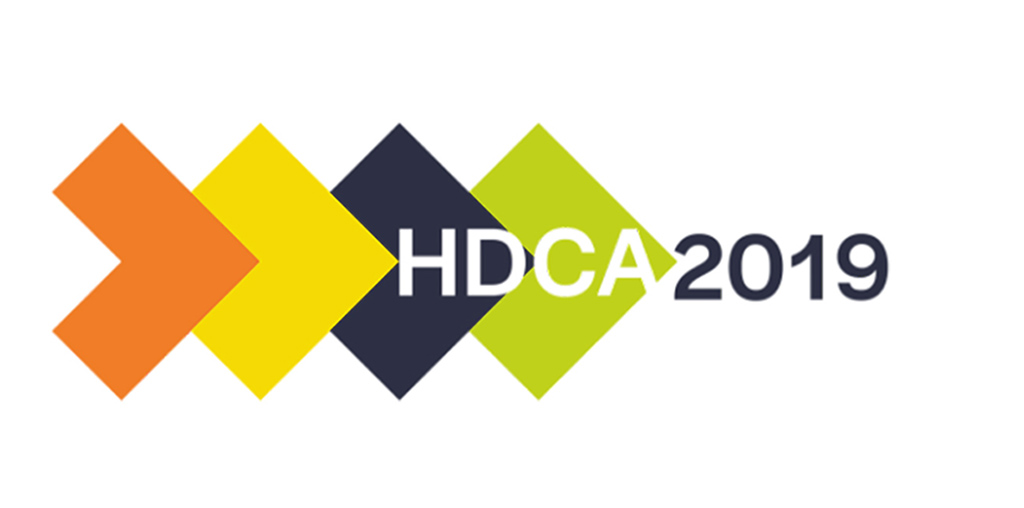Researchers of ARCO’s Local Development Unit and Inclusive Development Unit will fly to London to participate to the Human Development and Capability Association (HDCA) Annual Conference from the 9th to the 11th of September.
This year HDCA’s Annual Conference theme will be Connecting Capabilities since “connection” is an important capability that needs further consideration. This theme gives researchers from all over the world an opportunity to think against this grain, using ideas and networks on human development and putting the capability approach to work in new ways.
ARCO Researchers will focus on the following topics:

